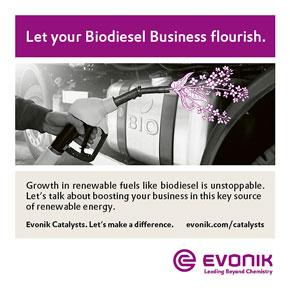Canadian clean fuels associations call for national strategy to reduce emissions
The associations – Advanced Biofuels Canada (ABFC), Canadian Biogas Association (CBA), Canadian Gas Association (CGA), Electric Mobility Canada (EMC) and Wood Pellet Association of Canada (WPAC) – have forecast that an increase in the production and use of renewable energy in the country could result in greenhouse gas (GHG) emission reductions of over 50 million tonnes (Mt) per year.
As a group, the five associations represent technologies that can, with the right policy measures, exceed the proposed federal Clean Fuel Standard’s objective of 30Mt of annual GHG emission reductions by 2030. Estimates are based on modelling work for the joint industry-federal government steering committee investigating the competitiveness of clean fuel investment in Canada.
ABFC estimates that 15Mt of reductions per year can be achieved by 2030 by incorporating modest levels of biofuels and other non-fossil clean fuels into the transportation fuels sector. The CBA and CGA estimate that 14Mt of reductions can be reached by introducing renewable gases into transportation, building heating and industrial processes.
Additionally, EMC estimates that 16Mt of GHG reductions are achievable through the electrification of light, medium and heavy-duty vehicles. WPAC suggests that 5.5Mt of reductions can be achieved through fuel switching to wood pellets to provide heat for residential, commercial and institutional uses, as well as by replacing coal with pellets for power generation.
In order to attract the billions of dollars’ worth of capital investment needed to support the transition, the associations have recommended that the federal government adopt a Clean Fuel Strategy by 2020.
The strategy would set a clear path to clean and renewable fuel use by 2030, which includes the following four steps:
- Establishing clear market signals for clean fuels and electric vehicles.
- Aligning clean and renewable fuel regulations to meet targeted clean fuel and EV use.
- Establish clean fuel programme funding to support clean and renewable fuel production capacity and infrastructure investments, and support EV adoption.
- Support research and development programmes to maintain Canadian leadership in clean fuel technologies and innovation.












